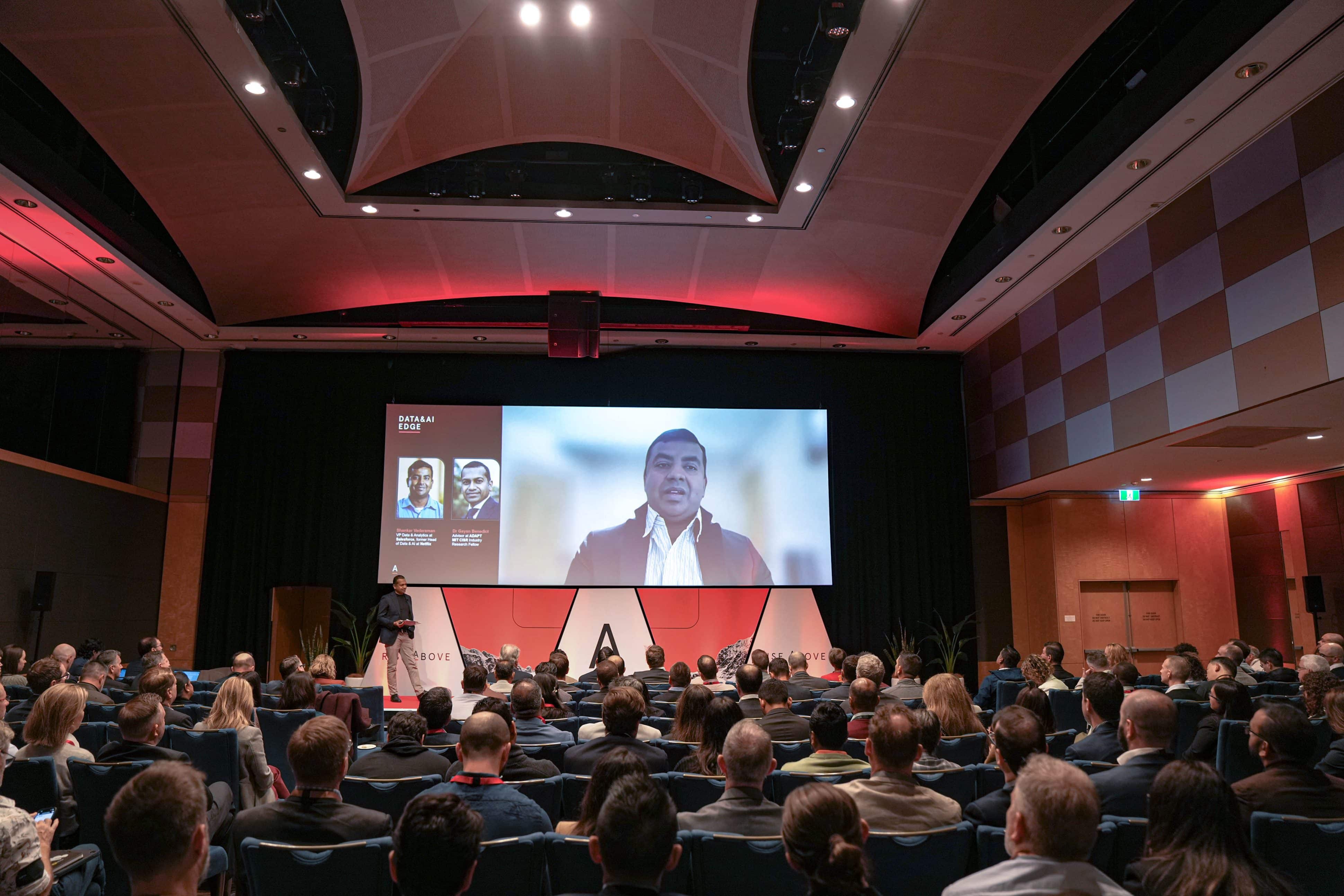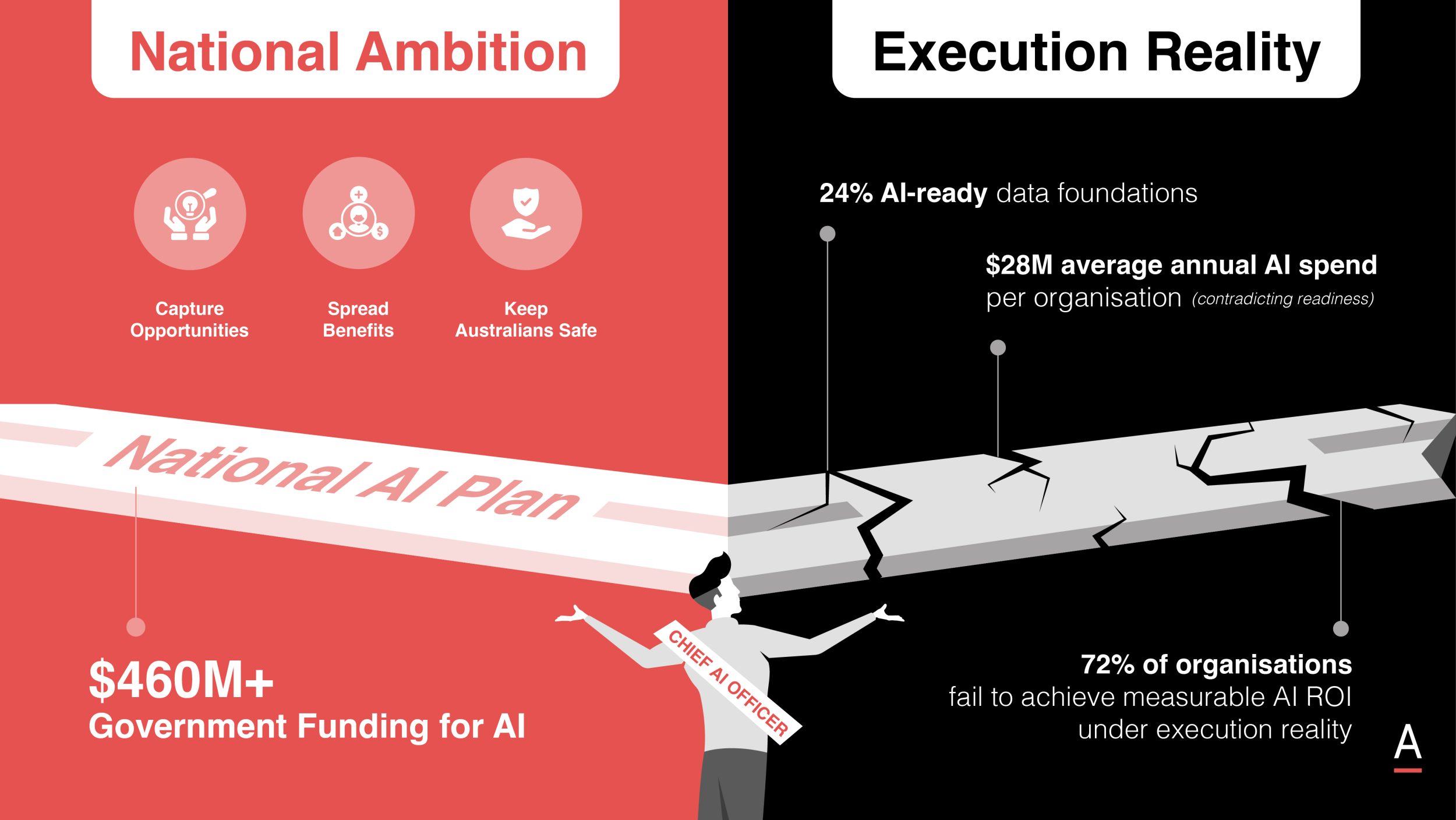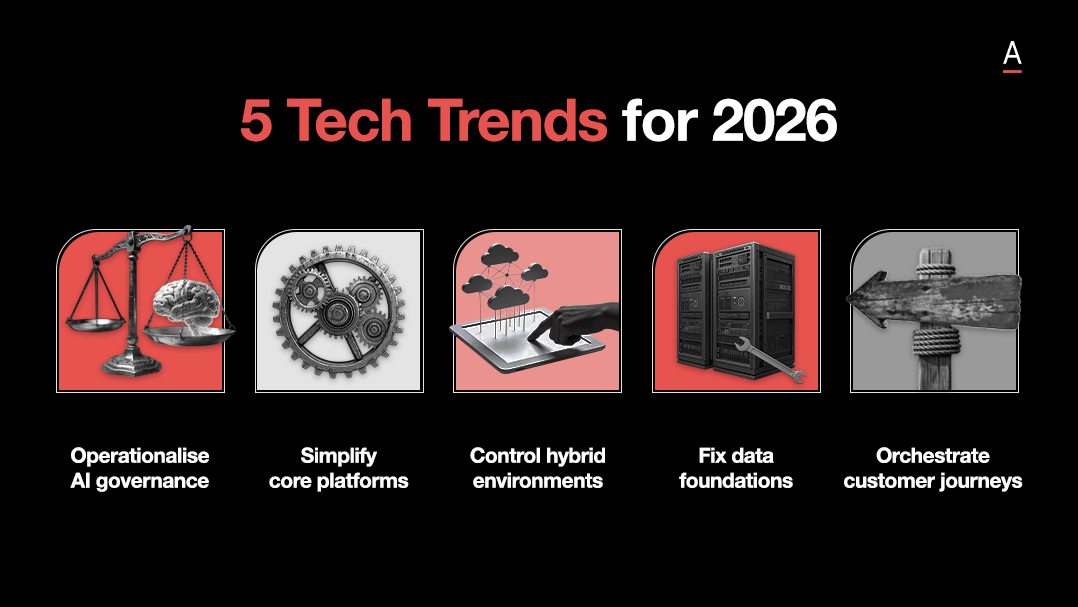Shankar Vedaraman, VP Data & Analytics at Salesforce and former Netflix Data Engineering and Analytics Leader, shared insights on zero copy architecture and outcome-led AI at Data & AI Edge.
As AI hype surges, the real differentiator is trust, discipline, and data culture.
In a conversation with Dr Gayan Benedict, ADAPT Advisor, Shankar shared his expertise in building scalable data architectures and unlocking AI value across enterprises.
At Netflix, Shankar helped transition the company from DVD shipments to a data-centric streaming powerhouse. Data became a first-class asset, with leadership intentionally separating legacy operations to focus on real-time insights, user experience, and platform performance.
Every team member, from the CEO down, aligned around data-led decisions and rapid experimentation through A/B testing.
Now at Salesforce, Shankar leads one of the world’s largest Snowflake deployments and pioneers “zero copy architecture”, enabling secure, duplication-free data sharing across platforms.
This approach streamlines governance, particularly in regulated sectors like finance and healthcare.
His AI strategy focuses on outcome-driven metrics such as productivity ROI, shifting the conversation from technical outputs to business impact.
ADAPT data supports this, showing that while 70% of CIOs are increasing investment in generative AI, only 25% have automated workflows, revealing a major readiness gap.
Shankar stresses that cultural adaptability and data discipline matter more than technical skills alone.
He advocates for persistent leadership, iterative experimentation, and a clear data governance foundation before scaling AI.
Rushing into AI without these elements, he warns, risks compliance failures and fragmented results.
Key takeaways:
- Outcome-driven AI success: Measuring AI effectiveness starts with clearly defined outcomes, whether improving user experience, increasing efficiency, or reducing costs. Use those outcomes to guide innovation and performance metrics.
- Cultural shift over technical skills: Cultivate a culture of adaptability, business understanding, and continuous learning within data teams, stressing that mindset and fundamentals matter more than specific technical skills in the evolving AI landscape.
- Foundation first for long-term impact: Avoid rushing into AI implementation without strengthening core data foundations like governance, architecture, and lifecycle management. Failure to invest here will lead to setbacks in enterprise AI efforts.






























